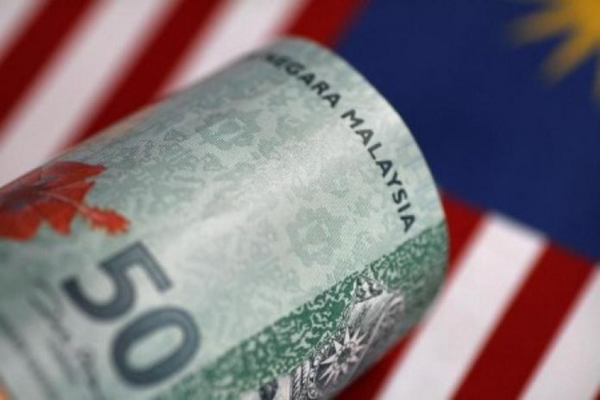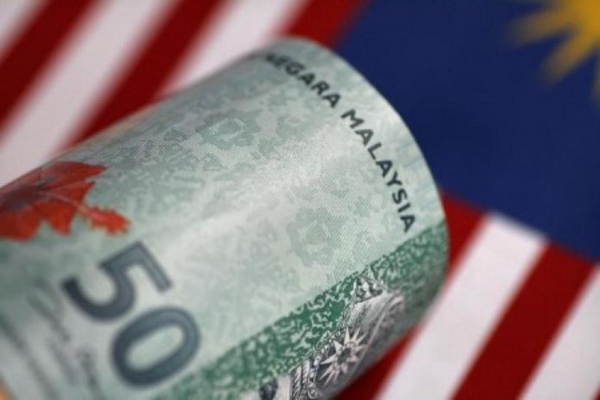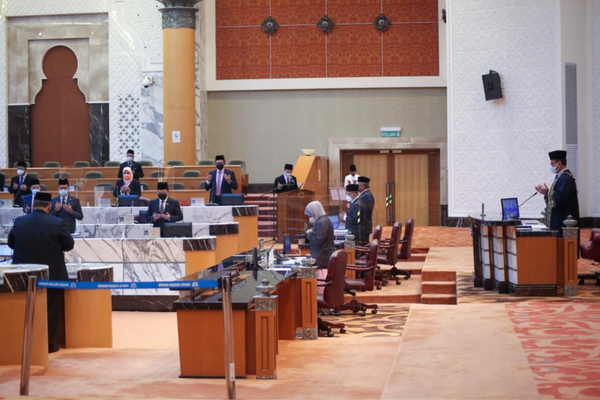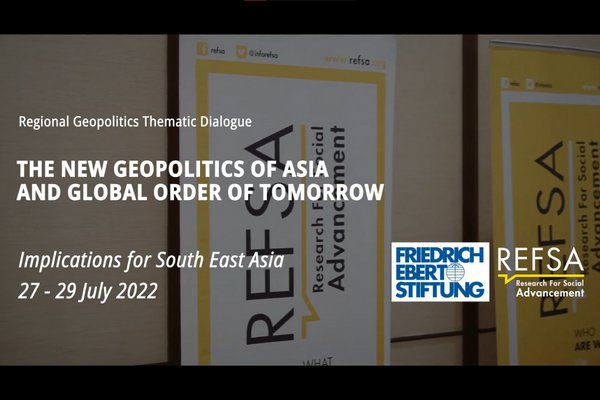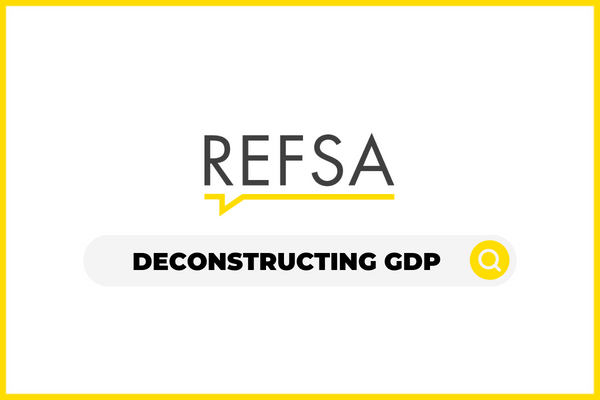Consider This: Budget 2023 – Elections Or Economics?
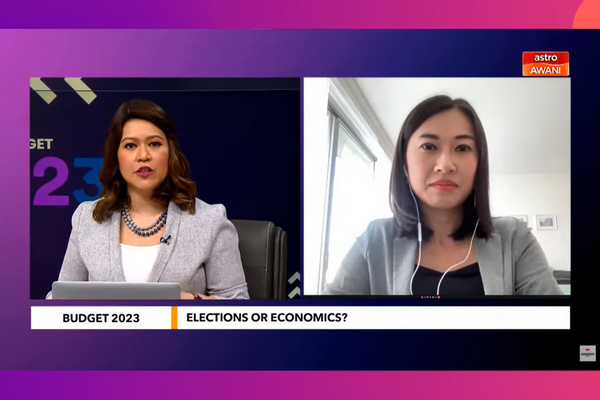
Budget 2023 was tabled in Dewan Rakyat today—three weeks earlier than originally scheduled & amidst heated speculation of an imminent dissolution of Parliament to make way for the general election. Amid the urgent challenges of the global economy & the climate crisis, have the political imperatives of the day determined the thrust of Budget 2023? Melisa Idris speaks to Tan E Hun, Executive Director at the think tank, Research for Social Advancement (REFSA).

